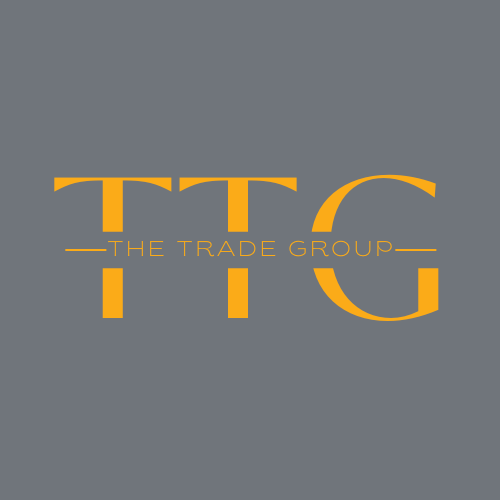Rules of the Road
None of the customary standards and practices that apply to conventional business, investing and finance applies to our marketplace.
Personal financial and business success has virtually nothing to do with who you are and what you think you know, but almost everything to do with who you are and how you conduct yourself.
It is a privilege to be invited to participate in one of our Private Placement programs. It is not a "right." These programs deliver unparalleled yields in combination with absolutely no program-related risk. The trading administrators and managers have a virtually endless supply of financially qualified applicants. All things considered, the trading banks will favour the applicant with the best background, the best attitude and the best paperwork.
An applicant should never underestimate what the trading entities know about him. Failure to provide full disclosure will summarily disqualify the disingenuous.
Generally, the programs exist to finance humanitarian projects, not to generate more money for the wealthy. Clients who have projects usually receive preferred treatment and the highest yields.
Clients must first prove that they are qualified, not the other way around. Until the traders and trading banks accept the client, nothing shall happen.
Face-to-face interviews with compliance officers and program management are often required. An arrogant or demanding personality will guarantee rejection.
None of the customary standards and practices that apply to normal, conventional business, and finance applies to private funding programs. It is a "privilege" to be invited to participate in a Private Placement Transaction Program, not a "right." The trading administrators and managers have a virtually endless supply of financially qualified applicants. All things considered, the trading administrators and their banks will favor the applicant who provides the best paperwork. An applicant should never underestimate what the trading entities knowledge about him maybe.
Failure to provide full disclosure will disqualify the disingenuous. Clients must first prove that they are qualified, not the other way around. Until the client is accepted by Compliance, the Traders, and Trading Banks, no placement can occur. The U.S. Patriot Act has introduced obligatory compliance procedures.
Face‐to‐face interviews with compliance officers and program management are occasionally required, but generally not necessary. Any arrogant or demanding personality will be guaranteed to be rejected.
Only the principal owner of funds is required as signatory. Corporations must empower an Officer or Director as sole, exclusive signatory by using a Corporate Resolution. Not only do the funds have to be on deposit in an acceptable bank; they must also be in an acceptable jurisdiction.
It is felony fraud to submit documents or financial instruments that are forged, altered or counterfeit. Such documents are promptly referred to the appropriate law enforcement agencies for immediate criminal prosecution. The practices, procedures and rules are determined by the U.S. Federal Regulatory Authorities, open Central Banks program management, licensed traders and trading banks. It is their decision whom to accept and whom to reject. Contract terms, yield, schedules, etc., are made to fit their needs and schedules – and not the caprices or demands of the Principals.
This marketplace is highly regulated and strictly confidential, and absolute confidentiality by the Principal is a key element of every contract. A client who breaks confidentiality will precipitate instant cancellation. Finally, submission of the application documents to more than one management group at a time is termed "shopping". If a Principal "shops" he can expect that this fact shall be quickly disseminated and known among the program management groups who maintain close communication – and will then be accepted by none and rejected by all.

